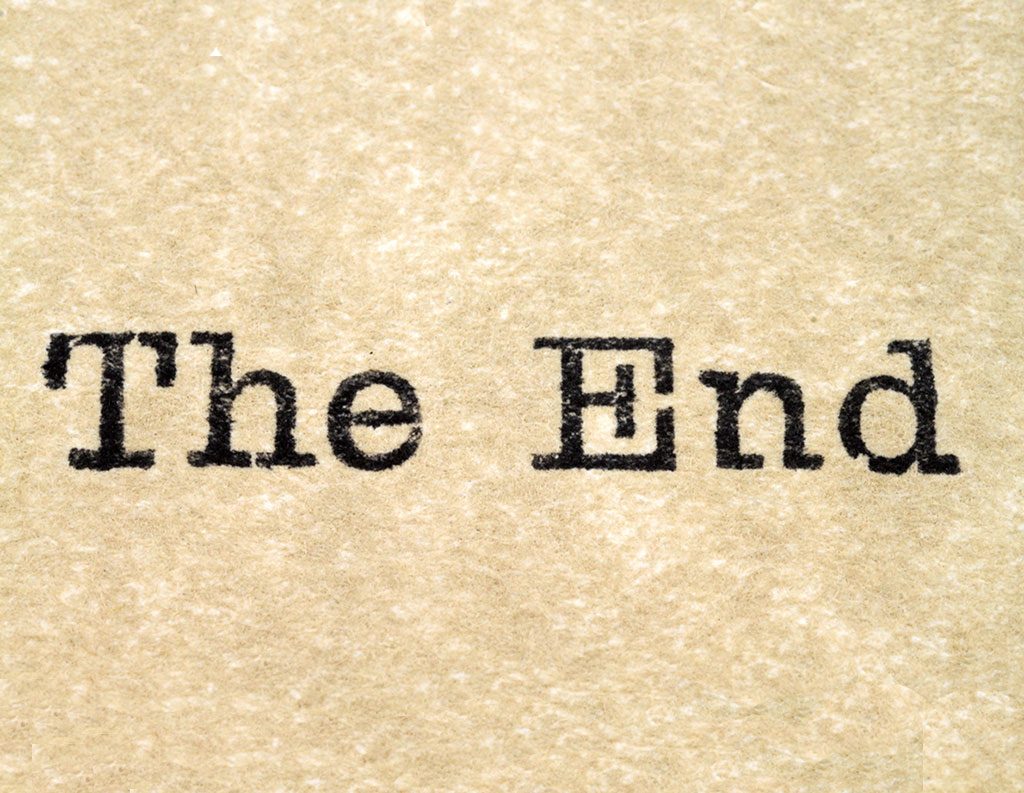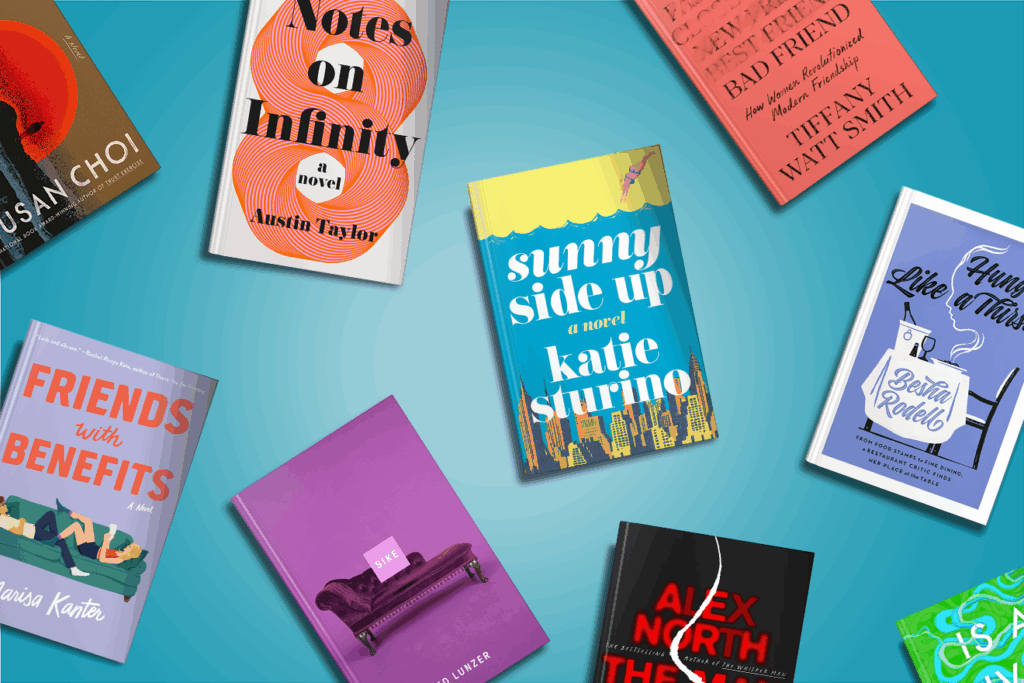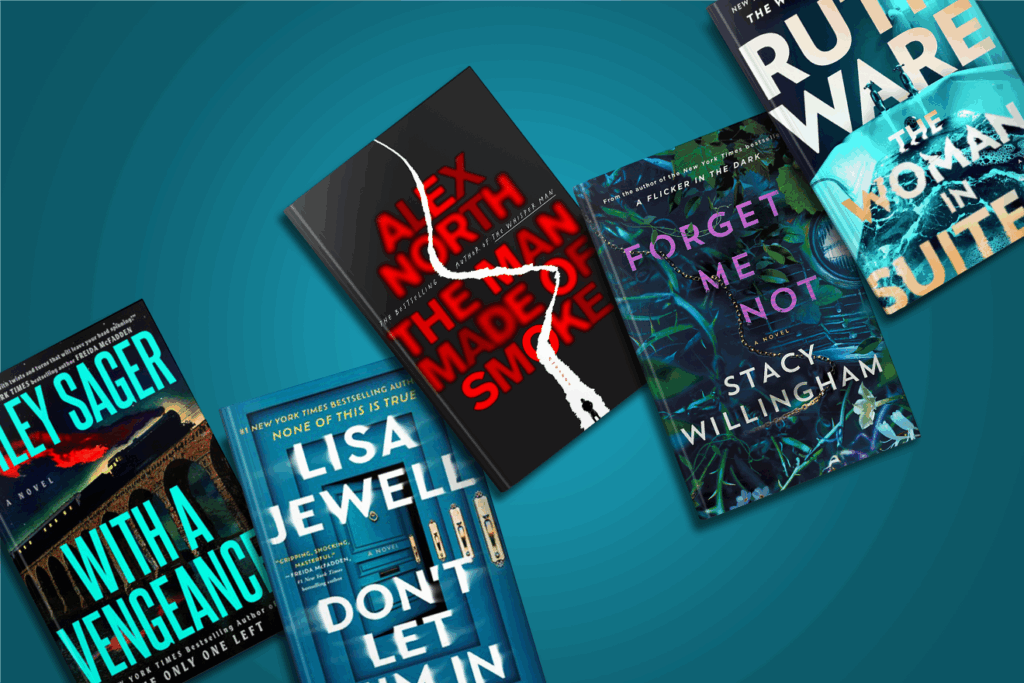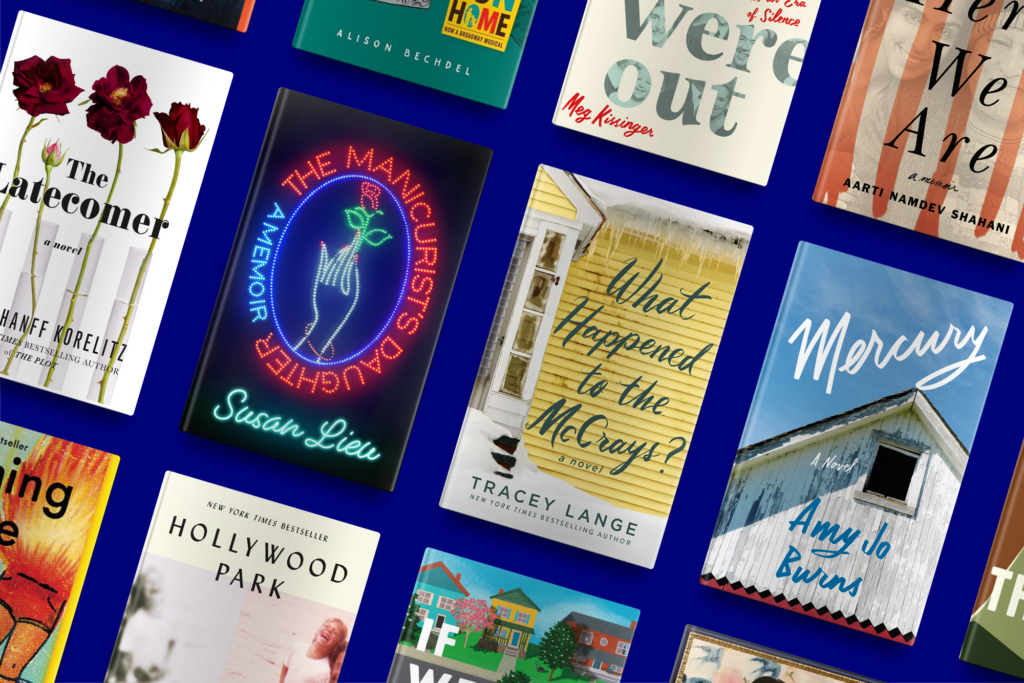It’s finally happened. You finished a complete manuscript for your work of debut fiction. Good on you! Now, where to start on getting it read and hopefully published?
That depends on what kind of a writer you are, what your goals are with your first book; and how you view your career and how you’d like your readers to see your career. There are more options for writers today than the traditional “agented manuscript” and focusing on established publishing houses. But are the independent options better for you and your book?
Agented vs. Un-agented
It’s usually assumed that in order to sell a book in the publishing industry, you need to have an agent to represent your best interests. The reasoning behind this, though, isn’t just about money. Having an agent also gets your foot in the door to (hopefully) an entire list of editors and publishing houses that your agent has a relationship with (but you do not). In some specific cases, however, if you’re having trouble securing an agent, or if you just can’t find one who feels like a good fit, you can go it alone, un-agented. The type of writer this works best for is one familiar with the business. If you’ve worked in publishing on the editorial side or on the agent side, you might know enough to negotiate a good contract and you may have enough connections to secure a book deal representing yourself. If not, you need to seriously consider nabbing an agent if you’re serious about getting published.
Read more: How to Land a Literary Agent
Independent Smaller Presses
If this is your first book, set reasonable expectations about where it will be published and how big your advance will be. If you’re just starting out, don’t write off smaller, independent presses. Yes, they have a smaller budget when it comes to advances and marketing, but the people behind smaller houses are incredibly passionate, and they are willing to take on risky projects that the larger publishing houses would never touch.
Self-publishing
When self-publishing first began, it was looked down upon by the larger publishing industry, and for good reason. Self-published books can be published by anyone. There isn’t the same machinery as in an established publishing house that vets the proposal or manuscript. If every novel ever written were published, there’d be a lot of bad writing out there.
Amazon has changed things for self-published writers. Their service gives writers a shinier platform that self-publishing has never had before. And there are benefits to being self-published, namely, money in the form of royalties. You get to keep most of the money for each copy sold. But without the structure of a publishing house behind you, that means that all the work in terms of editing and marketing of the book will fall on you. If you are the kind of writer who feels confident in your network and your ability to publicize your work, then self-publishing could be for you. Just be aware that there is still a stigma in the mainstream publishing business about self-published authors, though this, like everything in the industry, is changing. In rare cases, a self-published author who garners enough interest (and sales) could catch the attention of a legitimate house.



